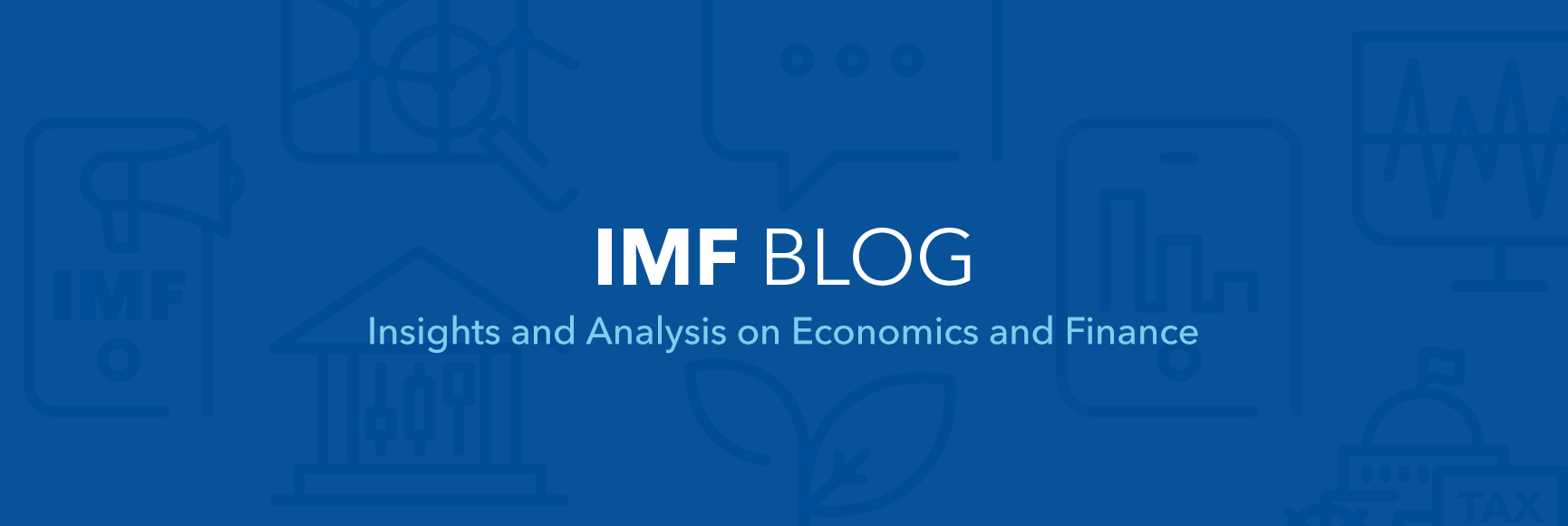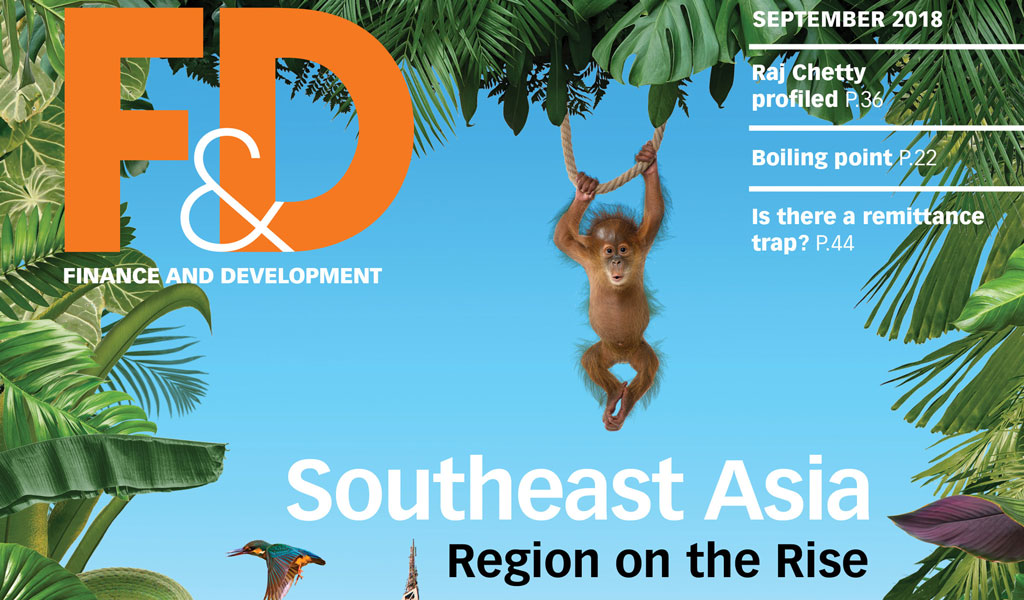Drug traffickers, diamond smugglers, and terrorists’ financiers around the world have one thing in common: they abuse the financial system to “clean” the proceeds they have obtained from their illegal work, or to transfer funds to achieve their destructive aims. The former is known as money laundering and the latter as terrorist financing.
In the United States alone, profits from these crimes are estimated around $275 billion, excluding tax evasion.
Our research shows this dark side of the economy has destructive consequences for a country’s financial stability, economy, and governance.
Large-scale financial fraud impacts people’s lives. For example, a large bank failure caused by fraud or insider trading may seriously damage the overall integrity of the financial market. The subsequent loss of confidence could cause the currency to lose value, which in turn can result in higher inflation and the erosion of real income and purchasing power for basic goods and services. Corruption undermines the integrity and stability of markets and governance, as well as confidence in the financial sector. Tax evasion on a wide scale literally means money destined for the governments’ coffers to pay for schools, hospitals and roads is diverted elsewhere.
Terrorist attacks and other forms of crime cause destruction and death, spread fear, shake confidence, and undermine the tourism industry. And the whole vicious cycle is powered by money laundering, which helps clean the proceeds from most illegal activity and re-injects it in the legal sectors of the economy.
All of this results in reduced government revenues, resources diverted from more productive activities, and unfair competition, which negatively impact economic activity and growth. And the damage isn’t limited to one country; the destabilizing effects of these activities can spill over onto the economies of neighboring countries and trading partners.
The IMF has worked with countries to combat money laundering and terrorist financing for over 10 years, mostly by assessing then improving the rules and regulations set up by countries, and by helping to shape international policies in these areas.
With the benefit of all this experience, we decided it was time to consider a new, risk-focused approach to add depth to the way we assess money laundering and terrorist financing. In the months ahead, we and our colleagues from the World Bank will be discussing the possibility of moving to this new approach with the Financial Action Task Force (FATF), a group of countries that sets international standards in this area.
Our starting point for this new approach was to recognize that countries do not face the same risks of money laundering and the crimes that generate the money in need of laundering.
Countries need help to combat money laundering and terrorist financing, including
- legislation to combat money laundering and terrorist financing
- criminal justice systems capable of prosecuting money launderers and terrorist financiers, and confiscating their assets
- measures to enable financial and non-financial institutions to identify their customers and verify the information they are providing, known as customer due diligence
- supervision of financial and non-financial institutions
- measures to prevent the misuse of legal persons, such as companies, foundations, and associations, for criminal purposes or criminals from controlling them
- financial intelligence units
- domestic and international cooperation
One size may not fit all, and our response must be tailored to specific circumstances and needs to be more effective.
We think that following a targeted, risk-focused approach would mean our assessments would be more cost-effective and focused on the issues that matter most for countries.
The IMF’s check-ups on the health of a country’s financial system, called the Financial Sector Assessment Program, already include anti-money laundering and terrorist financing, and together with the World Bank we will keep this up and also dig deeper.
When criminal behaviors pose risks to the financial system or impact the countries neighbors, we’ll have a more rational and in-depth coverage of money laundering and predicate crimes in both our financial assessments and in the annual IMF check-ups of a country’s economy, known as the Article IV consultation.
We’re changing the way we tackle money laundering and terrorist financing so we can keep up with the times. The effects of Allen Stanford’s fraud on the small Caribbean island of Antigua and Barbuda, and the extent to which tax crimes are having an impact on the economic situation of Greece are reminders of the devastating effects financial abuses can have on a country’s economy.




